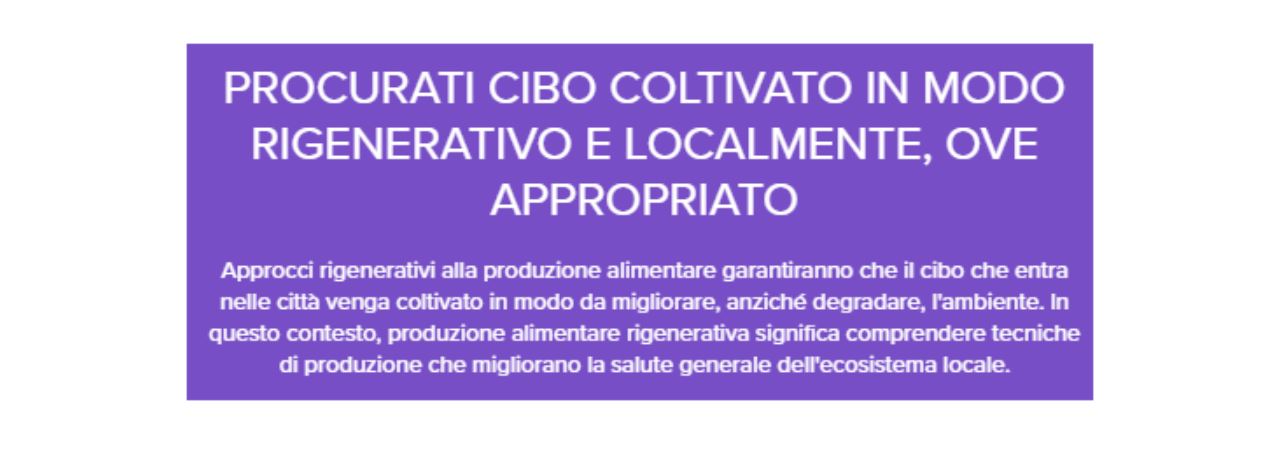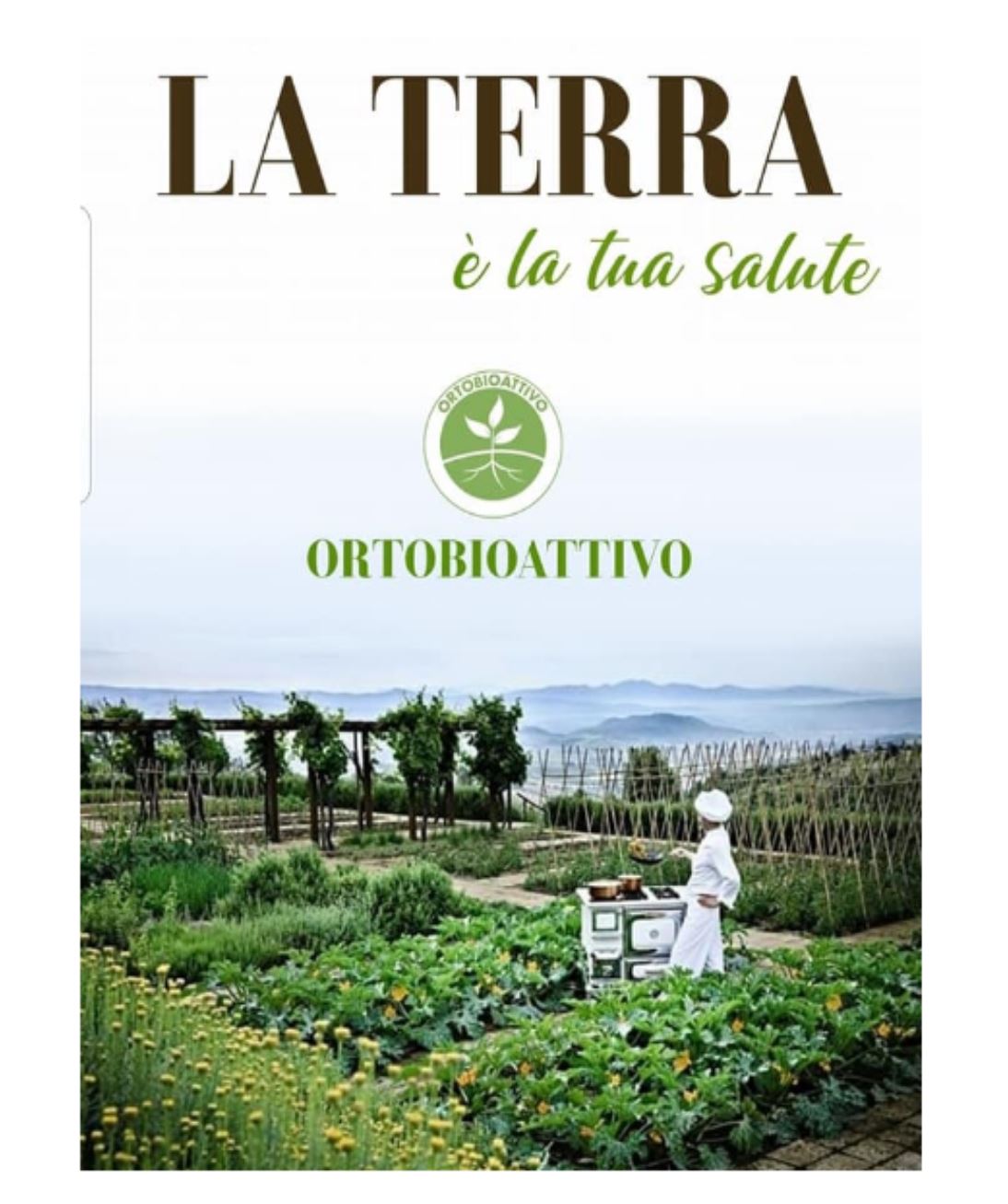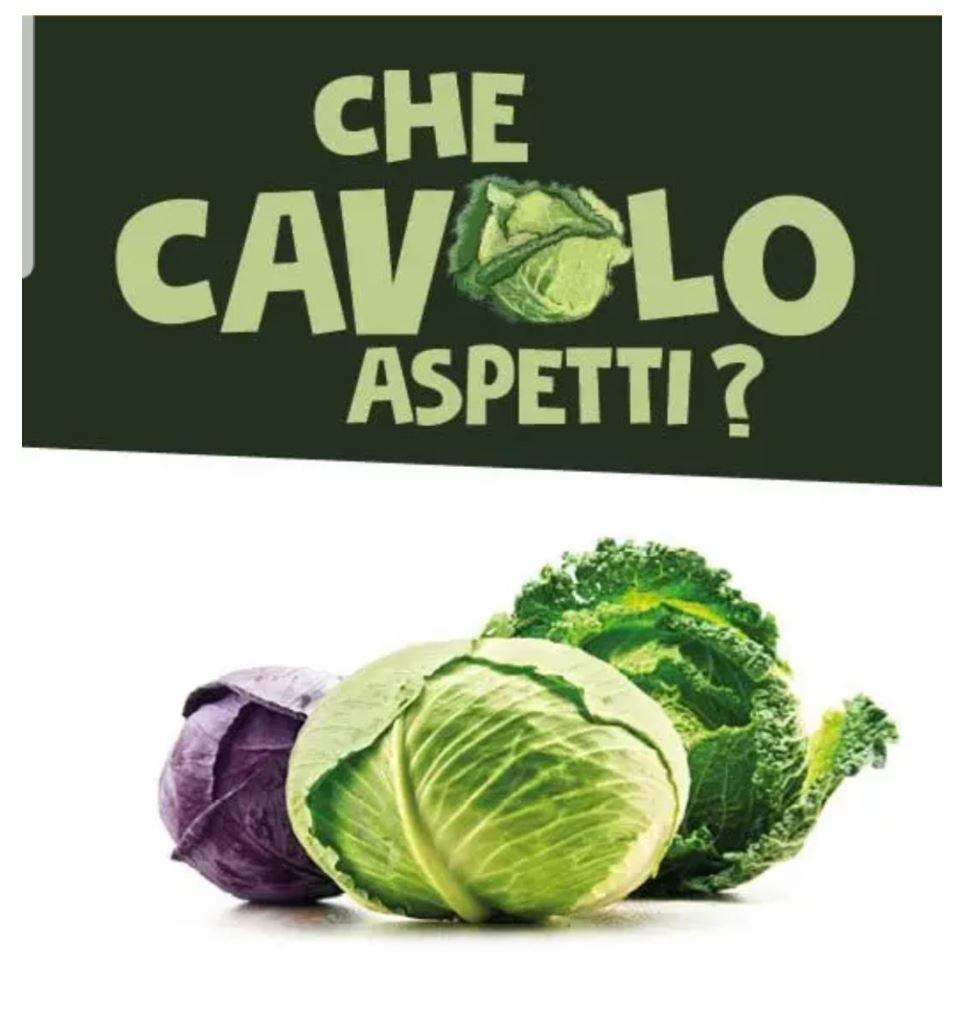The value of food what food are you?
Some food is good for our health, and some harmful to us. The production of healthy food decreases and almost eliminates the impact on available resources and eliminates most of...
Filter by Category
Filter by Author
The production of healthy food decreases and almost eliminates the impact on available resources and eliminates most of the emissions of poisonous gases, the current cause of climate change.
On the other hand, the food that harms us also hurts our planet. By employing more resources than those available, we contribute to dramatic climate change.
I started to get interested in food and nutrition as personal research. I progressed in exploring this immense and fascinating subject. I realized that to think, connect and act together collectively are – by far – the most powerful ways to make our world a better place. In addition, it reduces the impact on some of the most common diseases of the 21st century.
I am an agronomist and a food farmer, and a consumer attentive to all the dynamics that food carries out.
Food shapes our lives, but its influence is so broad that most of us struggle to focus on it, and many people remain unaware of its effects.
In the third millennium, we tend to set very little value on food and attempt to pay for it as little as possible. At the same time, we watch programmes with people who cook, with no intention to learn but as a show, as fun, as a pastime.
In this sense, the effects of the food are not only invisible but are also largely deleterious.
Here are some examples:
All of these phenomena derive from our inability to assign the correct value to the food we eat. The modern food system has supported a rapidly growing population (or the other way around). It has encouraged economic development and life in cities for more than half of the world’s population. However, these trends, which have a positive value for many people, have a considerable cost on health and sustainability. The current model is not suitable for our health and our small planet, under penalty of sixth mass extinction, slow and painful destruction through a shortage of food, water and energy. And obviously with an increase in conflicts, first among the poorest and then extended to all economic classes.
Half the cost of the current model – totalling $ 5.7 trillion annually globally – is due to the way we produce food. It is the direct result of the “linear” type of modern food production, which extracts limited resources, destroys and pollutes the environment, reduces biodiversity and damages natural systems.
Intensive farming practices (as climate change) also contribute significantly to the 39 million hectares of land degraded annually globally. It is an area the size of Zimbabwe and consumes around 70% of global freshwater.
However, I want to say that by re-assigning the correct value to the food, we can address and reverse the mentioned problems, and build more equitable and resilient societies.
A regenerative circular economy for food mimics natural regeneration systems, whose waste becomes raw material for other cycles.
In a regenerative circular economy, we can safely return organic resources to the soil as organic fertilizer. Some of these by-products can provide additional value in creating new food products of nutraceutical value, textiles for the fashion industry or as sources of bioenergy. These cycles regenerate living systems, such as the soil, which provide renewable resources and support biodiversity.
The post-industrial lifestyle is not as good as we hoped it would be. Given our obsession with health and longevity and having unrivalled medical knowledge and access to drugs, the result is disappointing, to put it mildly.
Since the first monkeys started to wander on Earth about 22 million years ago, 20 million had to pass before our ancestors tamed fire less than two million years ago. They have only developed the language in the last 100,000 years.
We started farming the land just 12,000 years ago and build the first cities about 5-6,000 years ago. We have only been using steam power for 300 years and have been using computers for less than 50 years and the internet for less than 25. Time scales help us understand better!
Our problem, in other words, is that we have used technology to reverse our evolutionary line. In the process of becoming super-technological humans, but accidental food consumers too, we have stopped adapting to our food environments and decided to modify the territory to our needs!!!
Darwin would consider us crazy: it is like shooting yourself in the foot as if Earth were an independent variable concerning the resources used. It is the main road towards a slow, painful and fratricidal mass extinction. The sixth, the Anthropocene, is ours.
The struggle to adapt Nature to humans, and not contrariwise, has worked for some time, even for a few decades. Nonetheless, its rapid acceleration has left humans discordant with the biological world.
The ability of a species to adapt to the environment ensures its survival, not its intelligence nor its aggressiveness.
As some scholars say, we men of the twenty-first century have the sensitivity of cavemen, have medieval institutions but have the technology to be divine. In no other field is this temporal imbalance more evident than in the way we eat today.
The industrial capacity of food production has come at undetermined ecological and human health prices. The population explosion has led to an unexpected increase in the global demand for food. It is the famous dog chasing its tail!
Then there is the question of the quality of the food itself:
1) Decrease in minerals and natural fertility of the soil and consequently decrease in the foods produced.
2) No balance in the structure of vegetables due to the increase in CO2 in the atmosphere.
3) Refined industrial food, ready to cook and eat, which does not reflect our dietary needs at all.
Finally, we no longer understand what we eat and have great difficulty recognizing what we find on the supermarket shelves as food!
It seems almost an oxymoron in the age of widespread digital information. We can ask any computer, anywhere in the world, for precise info extracted from billions and billions of data, but if we ask for the quality of the food we eat, we do not have answers.
But the worst thing is that we have no answers reading the labels on the products we buy.
In addition to the three macronutrients, carbohydrates, fats and proteins, we (and also plants) need about 40 essential minerals, seven of these (calcium, magnesium, phosphorus, potassium. sodium, sulfur and chlorine) in relatively large quantities.
Then we have to add the problem of reducing the natural fertility of the soil!
Nevertheless, Prof Francesco Sofi (Clinical Nutrition at Careggi University Hospital in Florence) has explained it recently in a captivating conference on the OBA Nutraceutical Food Project (Orto Bio Attivo – BioActive Vegetable Garden – for a nutraceutical production of food). It would be enough, for example, to change the variety of grains in pasta and bread and go to the wheat of about 100 years ago.
Incredibly, in a few days, the blood pressure values of cholesterol and even diabetes decreased statistically significantly.
Today there are only three species of plants at the basis of world nutrition: wheat, rice and corn.
After all, except the lack of resilience of this approach, as Michael Pollan points out in “The Omnivore’s Dilemma”, what blocks us is the mental and physical work we must exercise to choose the food.
If we eat in a varied and balanced way, less meat and dairy products and plenty of vegetables, fruit and whole and unrefined cereals, we should still live quite well.
This is precisely what perversely our current lifestyle makes it so difficult to achieve.
We usually eat processed and packaged food, and it is the price we pay for living far from where they produce the food.
For example, let’s consider meat. Theoretically, it could be a superfood rich in minerals, vitamins and omega-3 fatty acids complex. Ruminant herbivores transform what is inedible cellulose for people into nourishing milk and meat.
However, today most, indeed almost all of the cattle no longer feed on grass or hay but are given cereals to have faster and less expensive growth performance: it is a pity that cattle cannot eat wheat, and this type of diet leads to a condition, let’s say, of permanent “indigestion” that sends toxins into their bloodstream. They need antibiotics to prevent them from getting sick. This way, we lose fats, namely omega-3, an essential component for brain function, vision and anti-inflammatory action.
Ideally, we should have a 1 to 1 ratio of omega-3 fatty acids to omega-6 fatty acids.
Do you currently know what the ratio is? 1 to 10!
According to research from the University of Oxford, the lack of omega-3 in our diet will change the human brain with the same speed and seriousness of climate change.
More than half of our daily shopping consists of ultra-refined foods.
The quality of our food has changed fast. In the time frame of the same generation, we can no longer understand the quality of food, and some of these foods are harming us.

If we are not chemists or biologists or do not cultivate our vegetable garden, this becomes impossible.
The two fundamental discriminating factors seem to be, concerning food, time and money. We don’t have time to take care of ourselves through what we eat every day, but we are glued to the screen for hours watching cooking shows!
We also absolutely want to save on the cost of food by preferring to save money for detox holidays!
If we become aware of all this, we can incredibly still save our small planet and ourselves. We need to turn our gaze not only on photovoltaic panels and electric cars or towards all the possibilities of renewable energy but also on what we eat daily.
It means adding to the paradigm of alternative energy sources, the change of our daily diet, a diet that helps the planet and us.
A diet that can reverse pollution and climate change and at the same time make us live healthier for longer.
An ecological turning point at the table to help the Earth and our health at the same time.

Food can save us!

ANDREA BATTIATA
By Anna Cafissi The Iliad and the Odyssey are the oldest poems of Western literature. They were written in the dark centuries following the disappearance of the Mycenaean kingdoms...
Bauerngarten: the essence of South Tyrol in a few square metres By Ilaria Persello What is a Bauerngarten? In South Tyrol, people usually stop to admire the small plot of...